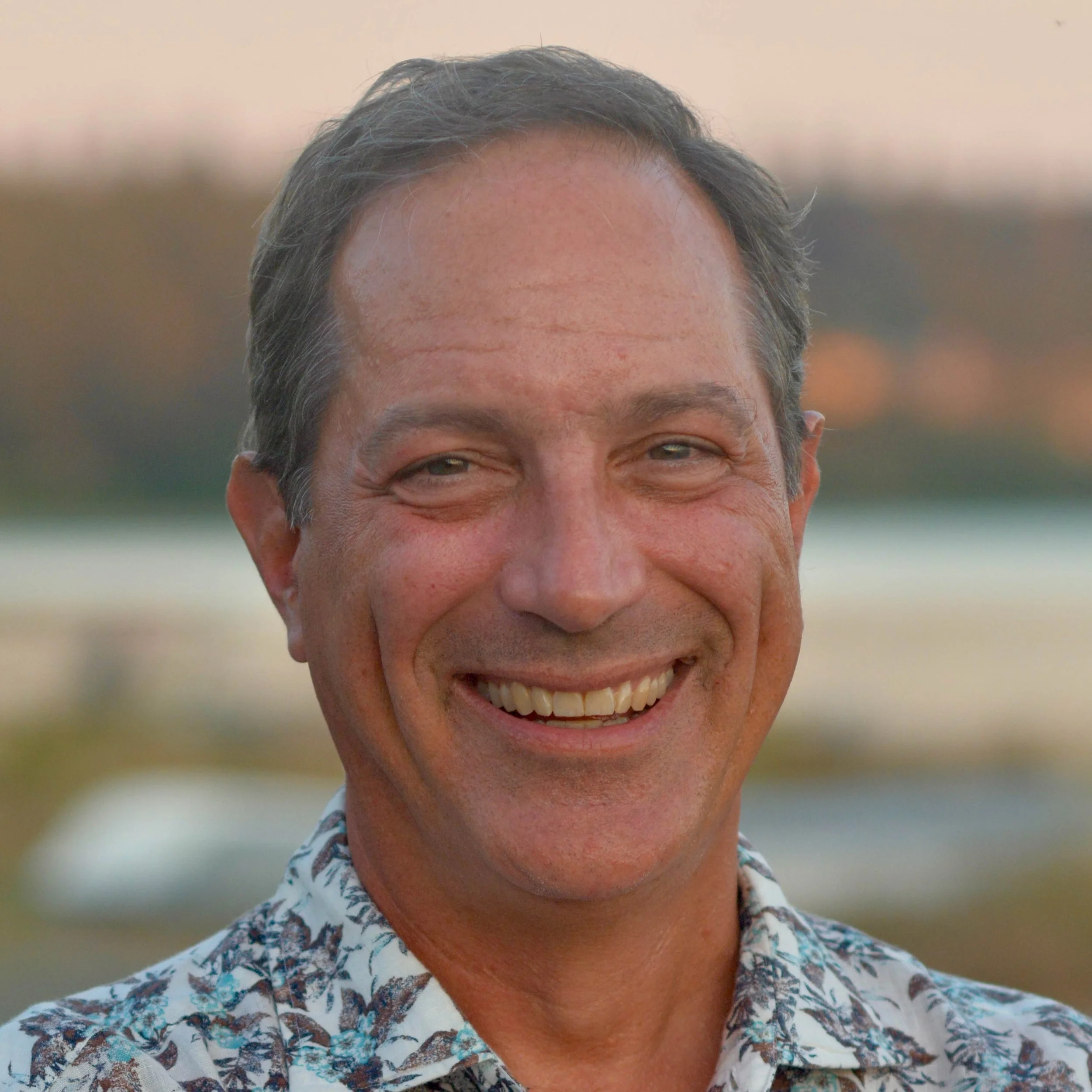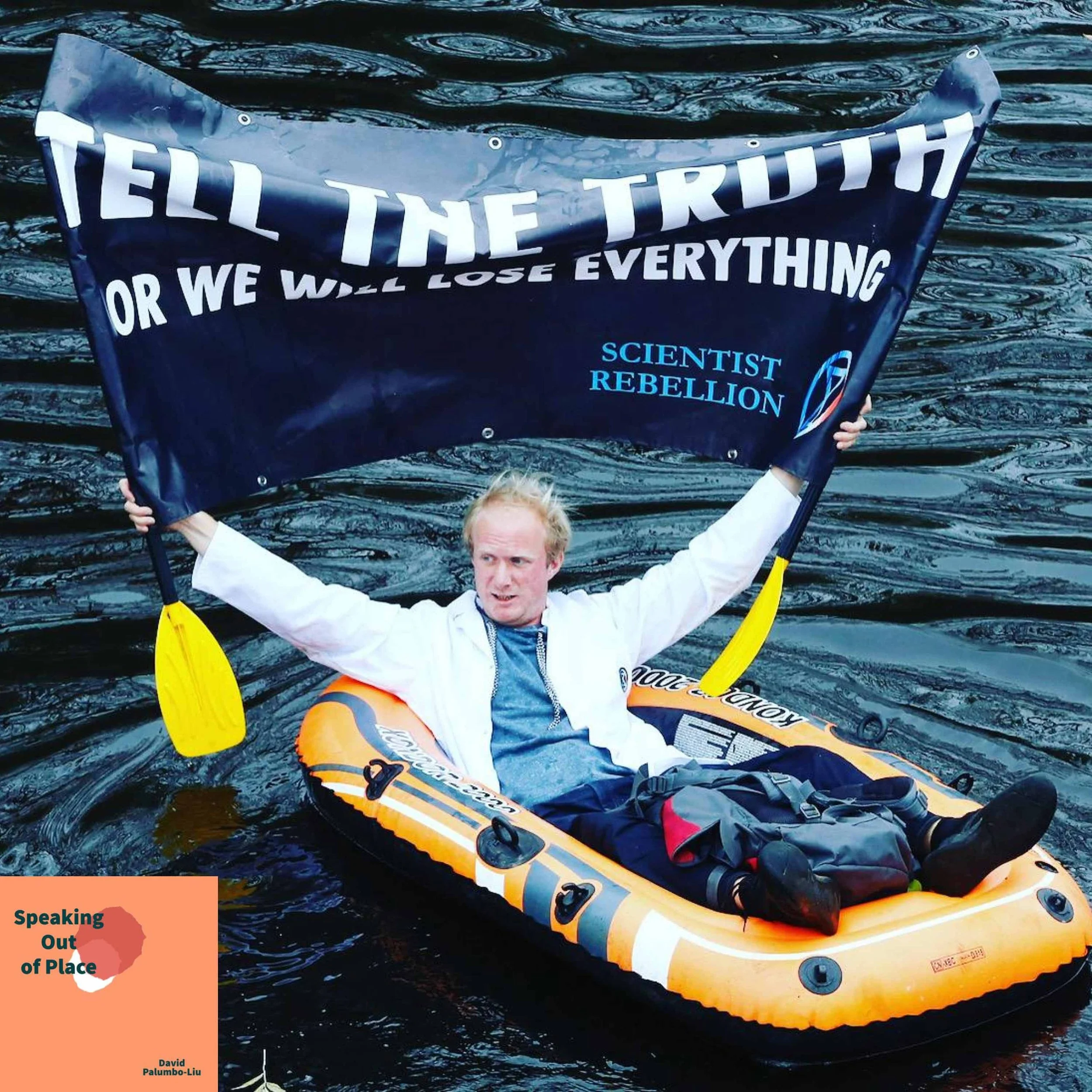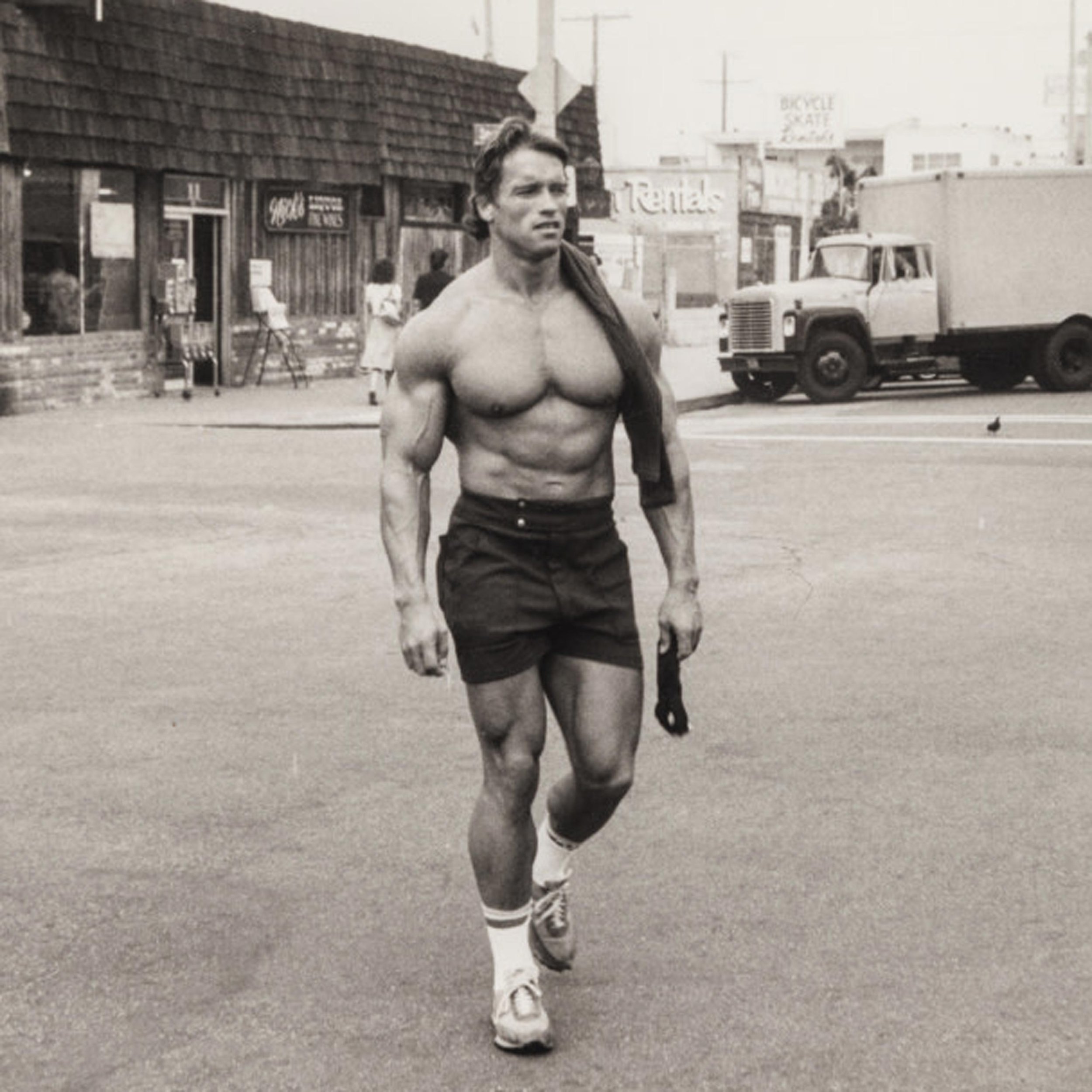RICK BASS - Environmentalist & Story Prize Award-winning Author of “Why I Came West”, “For a Little While”
/Environmentalist & Story Prize Award-winning Author
Why I Came West · For a Little While · The Traveling Feast
I grieve the changes to the four seasons that are happening here in Montana. One of the great things about this place is having four distinct seasons, and now they're tilted. Some are short, some are long, and some don't exist anymore. And that's unsettling, to say the least. It's not a fear of what's coming. It's a grief for what's gone away. I'm mindful of the pressure that we are putting on the generations who follow us and the mandate to have fun, to be fully human, to be joyous, to celebrate, and to enjoy being in the midst of nature's beauty.



















